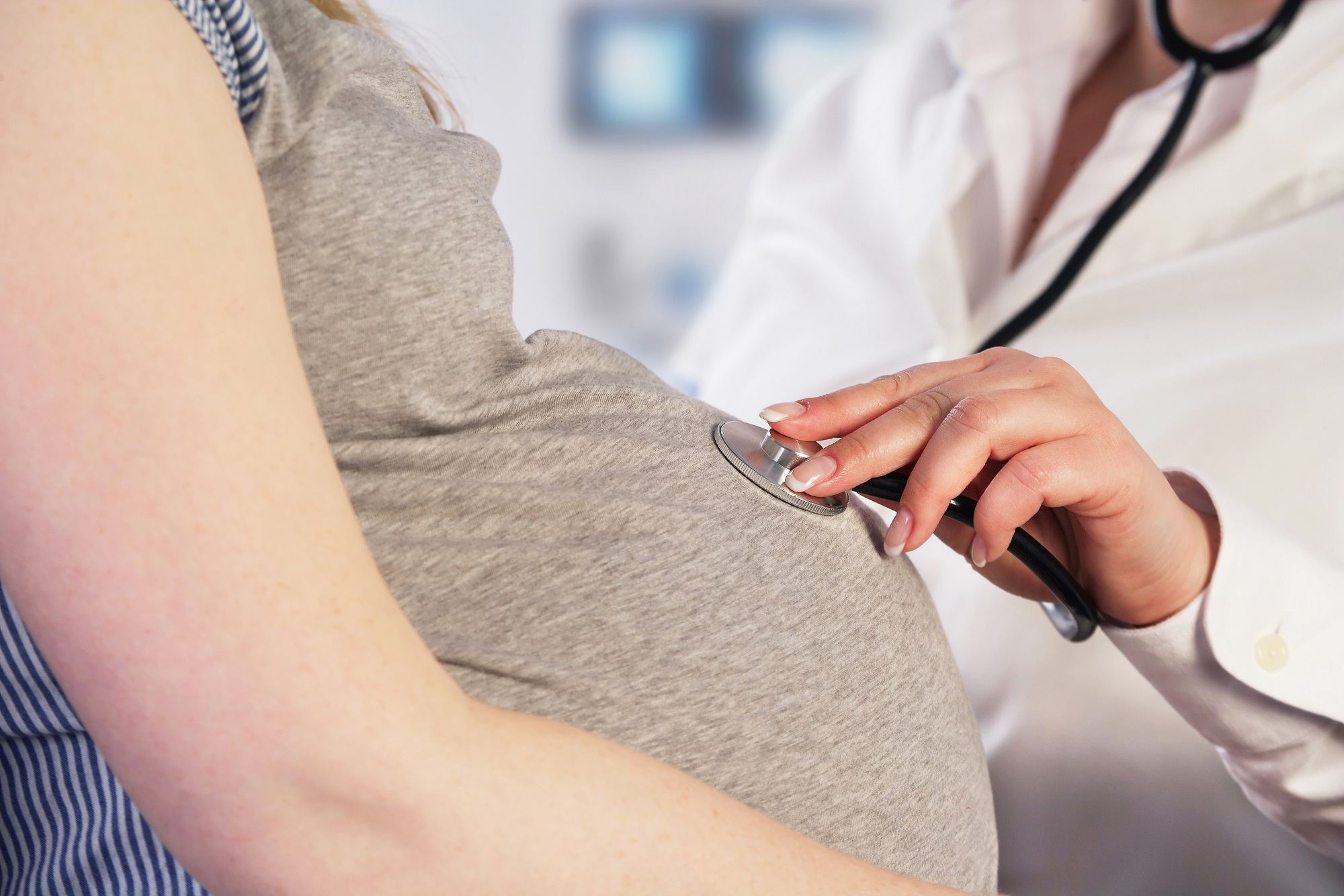Pregnant women are at high risk for developing bacterial and viral infections. Since some infections are more severe among pregnant women or may endanger the foetus or newborn, it becomes imperative to inform pregnant women about their dangers. Given below are 11 diseases and infections that pregnant women generally pick up and that are common in certain countries of the world. This can help them alter their travel plans:
Read More: Must Have Vaccines During Your Pregnancy
11 Must Know Infections While Traveling During Pregnancy
1. Zika
This virus is transmitted either by mosquitoes affected by this virus or by sexual transmission or blood transfusion from an infected partner. Pregnant woman with Zikacould give birth to babies with infection, loss of the baby or birth with serious defects like a small head and brain (microcephaly) or impaired vision and hearing.Countries with high Zika infection where pregnant women should avoid travelling include Brazil, Mexico, Colombia, French Guiana, Haiti, Suriname, etc.
2. Rubella
Rubella or German measles is very contagious and spreads through cough and cold. It exhibits symptoms of fever, joint pains, sore throat and headache. In pregnant women, it can lead to stillbirth, babies with defects or miscarriage, damage to the heart and brain. Newborn babies who are during the first 20 weeks of pregnancy develop congenital rubella, which has no treatment. It is rampant in Poland, among other countries, so pregnant women thinking of travelling here should be very careful.
3. Toxoplasmosis
This parasite is prevalent in food, particularly in the United States. If pregnant women are infected with this parasite or have a compromised immune system, they should be aware that this disease can have very serious consequences.
Read More: Vaccines You Need Before Getting Pregnant
4. Chikungunya
Pregnant women are affected by Chikungunya through certain mosquitoes. This viral infection is short-lived but its symptoms can be extremely severe too. Like Zika and dengue, it can be very dangerous for pregnant women.
If at the baby’s birth, the virus is still present in the mother’s blood, the baby stands a risk of infection to the tune of 48%. This infection could lead to miscarriages, birth defects, fever, foetal deaths, etc. Outbreaks of chikungunya are regular in Asia, Africa, Europe, United States and the Caribbean, so pregnant women should not travel to these parts.
5. Dengue
Certain specific mosquito species like the Aedes Aegypti cause and spread the viral disease to humans called dengue. It thrives in tropical countries in a humid environment. Its symptoms include high fever, rash on the upper body, nausea, vomiting, severe headache, among others. When pregnant women contract it, their immune systems are suppressed and it can be transmitted to the foetus. It can lead to a drop in platelet count in the mother, pre-term labour and low birth weight baby, stillbirth, miscarriage, haemorrhage and pre-eclampsia in the mother and haemorrhagic fever to the baby, often fatal. Pregnant women keen to travel to Hawaii, Puerto Rico, Latin America, Pacific Islands and Southeast Asia should change their travel plans.
6. Hepatitis B
The Hepatitis B virus infects the liver. Pregnant women may be carriers of this illness to their babies without knowing it or exhibiting any symptoms such as vomiting, stomach pain, loss of appetite, jaundice or joint pain. The virus spreads when a woman has unprotected sex with an infected person, and by infected blood.
This infection is common in areas such as sub-Saharan Africa, Middle East, Asia, South and Central America, Eastern and Southern Europe, so travelling to these areas are a complete no-no for pregnant women.
7. Gonorrhoea
gonorrhoea is a sexually transmitted infection (STI). Pregnant women experience burning when urinating, pelvic pain, vaginal discharge and vaginal bleeding between periods. If left untreated, they can miscarry or have premature births. Babies can have eye infections leading to blindness. Pregnant women with gonorrhoea should avoid visiting the Russian Federation.
8. Listeria
This bacterial infection leads to premature births, newborn infection or foetal deaths. It is transmitted from mother to baby through the blood. Listeria is recognized by symptoms like fever, back pain, chills and flu symptoms. Pregnant women with Listeria should avoid visiting France, Belgium, Denmark, England, Wales and Finland.
9. HIV
HIV can be passed on from a mother to her baby during pregnancy and birth. It is typified by rapid weight loss, dry cough, night sweats and recurring fever, among other symptoms. The foetus can be infected with HIV while in the womb or during delivery or breastfeeding. If left untreated, 25% babies whose mothers are untreated, will also be infected. This disease is highly prevalent in Swaziland, Botswana, Lesotho, Nigeria and India, so pregnant should avoid holidaying there.
10. Urinary Tract Infections (UTI)
Also called bladder infection, UTIs affect the bladder and urethra, but can also cause kidney infection. In such cases, they can cause preterm labourand low birth weight. Pregnant women should stay away from Central America and Nigeria.
11. Influenza
If pregnant women do not take their flu shots, they will contract severe illness and die. It also reduces the chances of stillbirth and protects the baby from the flu for months. Though it is prevalent everywhere, it is particularly found in Iceland, Belgium and Portugal, so pregnant women should not holiday here.













